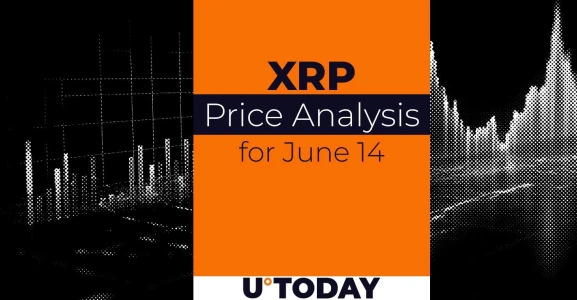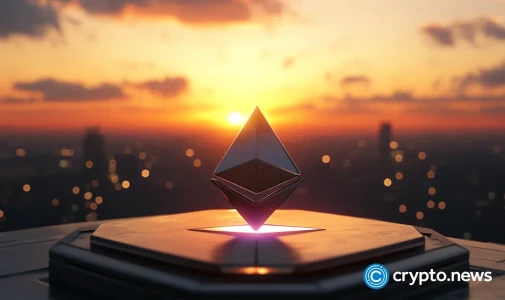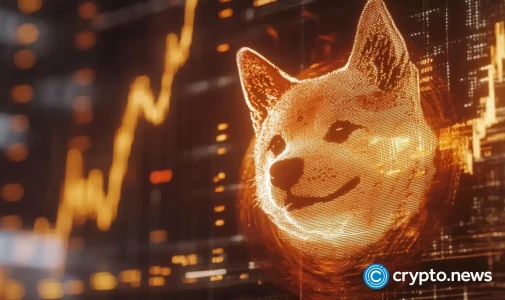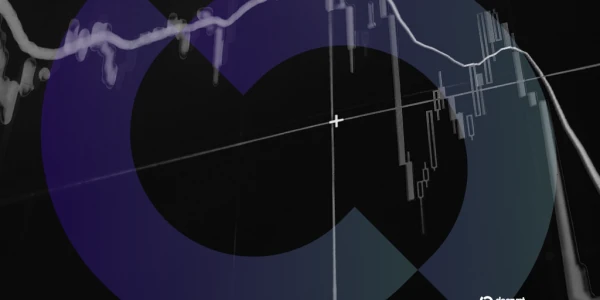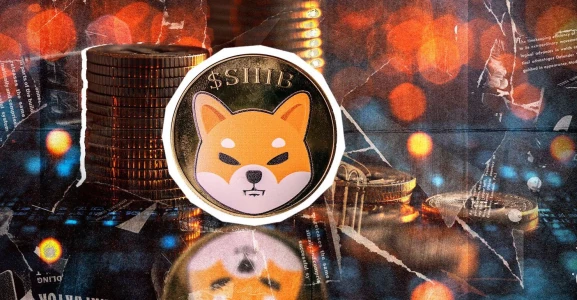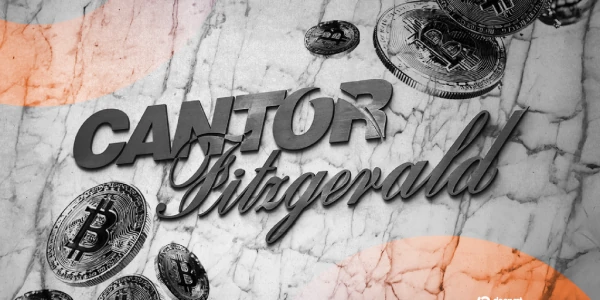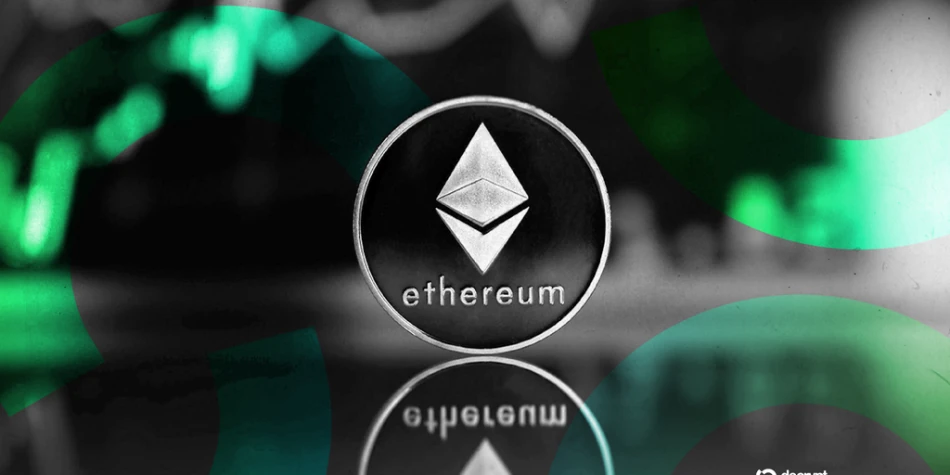
Wall Street Gets Ethereum's 'Digital Oil', Says Etherealize Co-Founder Vivek Raman
Ethereum: The Digital Oil Powering the Future of Finance
For decades, oil has been a strategic commodity, playing a vital role in transportation and manufacturing. Now, Ethereum proponents are drawing compelling comparisons, positioning the cryptocurrency as the digital equivalent of this essential resource.
Vivek Raman, the co-founder of Etheralize, a firm dedicated to onboarding Wall Street to Ethereum, has been at the forefront of this analogy. "I always call it digital oil," Raman told Decrypt. "We think that as the crypto ecosystem evolves, people not only will want to—but will have to—hold this asset in reserves."
Etheralize, backed by Ethereum founder Vitalik Buterin, aims to demonstrate to financial institutions why "all roads flow through ETH." The startup's mission is to position Ethereum as the global settlement layer for Wall Street, with Raman and his team engaged in "evangelization and education and marketing" to achieve this goal.
While the "digital oil" analogy is useful, it also highlights challenges Ethereum's community may face in cementing the network's dominance on Wall Street. Unlike traditional oil, Ethereum has a fixed annual issuance cap of 1.5%, and transaction fees are burned, creating a deflationary effect on the asset's supply.
Etheralize co-founder Danny Ryan, a former Ethereum Foundation researcher, explained the key difference: "Rather than having some sort of fixed cap of total supply, there's a fixed cap of issuance per year. There's very much predictability."
Another crucial distinction is that Ethereum offers yield through staking, unlike the passive nature of oil. Staked Ethereum currently has an estimated annual yield of 3%, according to Dune Analytics.
As the crypto industry evolves, the role of Ethereum as a neutral, global asset could become increasingly important. Raman argued that "in this ecosystem where the world's assets are all tokenized by different counterparties, [...] the only neutral asset that's global, that connects all of these, is ETH."
With the rise of tokenization and the growing adoption of Ethereum by financial institutions, the "digital oil" analogy may prove to be a powerful tool in Ethereum's quest to become the backbone of the modern financial system.
Most Viewed News
